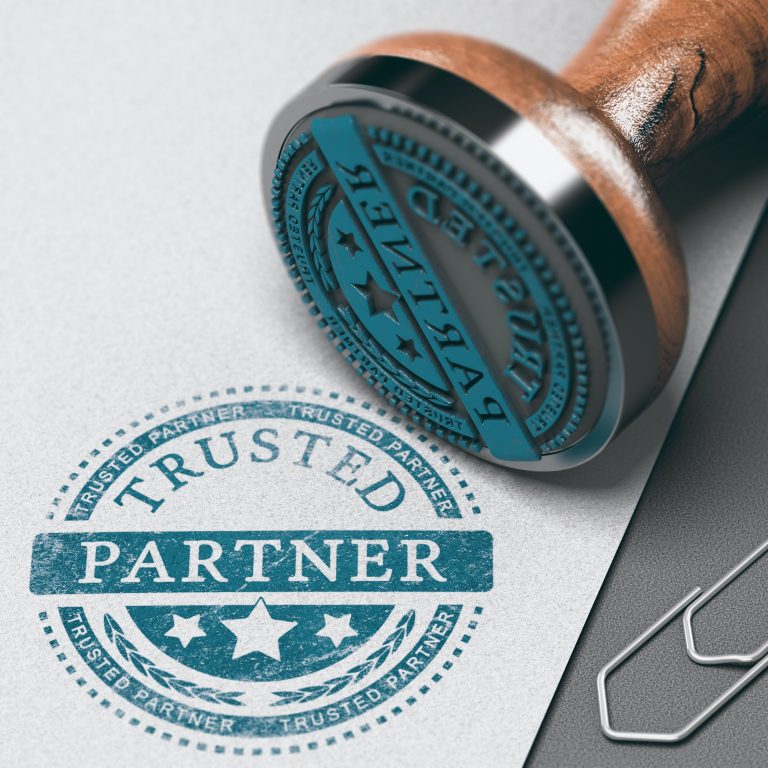Insurance
Building net worth over a lifetime requires prudent planning and the implementation of sound strategies. Insurance is an important element of any sound financial plan. Different types of insurance protect you and your loved ones in different ways against the cost of accidents, illness, disability, and death.
The main purpose of insurance planning is to protect us against financial impacts, due to random events, that could damage or destroy our future and that of our loved ones.
Life Insurance
The primary purpose of life insurance is to protect those who depend on your income from the financial burden in the event of your premature death, especially at a time when they would be dealing with significant personal and emotional pain.
Critical Illness Insurance
Statistics show that Caribbean people are surviving critical illnesses such as cancer more frequently now than in prior years. Improvements in medicine and medical treatments have resulted in promising prognoses for many illnesses. However, the occurrence of chronic disease and critical illnesses is on the increase and the facts indicate that approximately one out of every two Barbadians will encounter a critical illness during their lifetime.
Maintaining your quality of life after the diagnosis of a critical illness and dealing with financial commitments can cause hardship for you and your family. Critical illness insurance can protect your family’s future. Generally, critical illness insurance will help to pay off a debt, such as a mortgage, or to help provide funds that can be used for medical treatment in the event that you fall victim to specific illnesses including stroke, cancer or heart attack.
Disability Income
The most valuable asset that the vast majority of the adult population has is their ability to work to earn the income required to provide for a reasonable lifestyle and to build net worth.
However, research shows that the probability of a significant period of disability is much higher than the probability of death at any given age up to normal retirement at age 65. Studies also point out that more than half of all disabilities exceed one year in duration. In fact, disability insurance and the continuing ability or inability to go to work in order to pay the bills is of far greater consequence than life insurance considerations for most working persons.
Property Insurance
Property insurance includes insurance coverage for the risk of damage to personal property from natural and man-made disasters such as hurricane, flood, fire, or vandalism. For most of us, our most important physical assets requiring insurance coverage are our homes and cars. Property insurance can also provide coverage on furnishings, clothing, appliances, boats or collectibles.
Typically, property insurance coverage is either “specified perils” or “all risks”. “Specified perils” provides protection only against those perils named specifically in the contract. An “all risks” policy is not limited to perils that are specifically named in the policy.
Homeowners insurance
A home is one of the largest purchases most people make during their lifetime. Therefore, homeowners insurance protection is critical and strongly recommended. Usually, your homeowners policy covers damage to the home, external buildings (e.g. garage), contents and injuries to a third party suffered on the property.
So, your homeowner’s insurance should allow you to rebuild and refurnish your home after a catastrophe and insulate you from lawsuits if someone is injured on your property.
Motor insurance
Motor vehicle insurance has various elements including property damage coverage, liability coverage including coverage for the death or injury of a third party, collision coverage and comprehensive coverage. Vehicle owners are legally required to secure at least third party insurance coverage.
Auto insurance protects you from damage to the often considerable investment in a car and/or from liability for damage or injury caused by you or someone driving your vehicle. It can also help cover expenses you or anyone in your car may incur as a result of an accident with an uninsured motorist.




